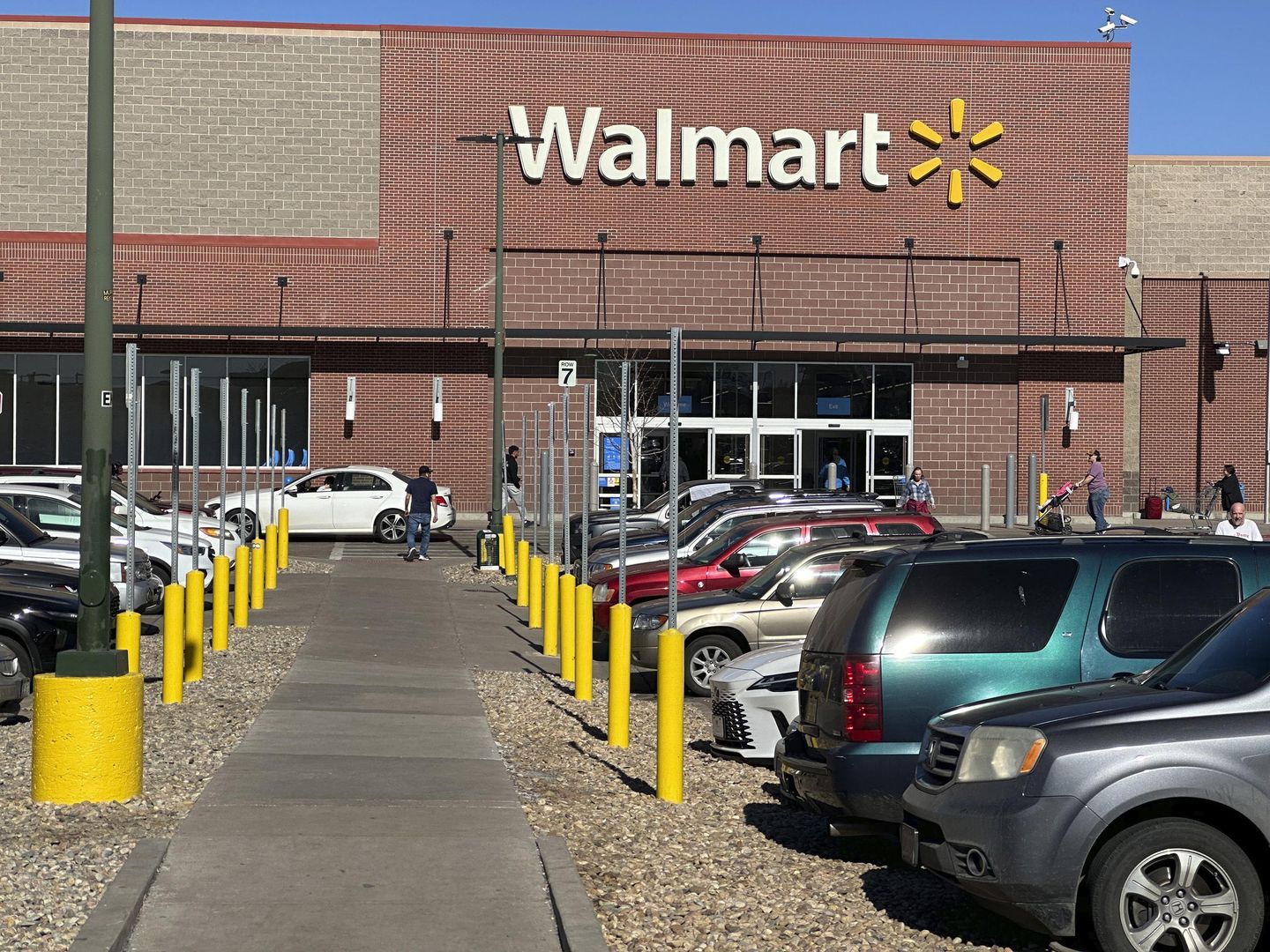
A top Walmart executive said Thursday that tariffs are “still too high” and consumers might see higher costs by the end of May at the retailer known for everyday low prices.
Chief Financial Officer John David Rainey said Walmart is pleased that the U.S. and China agreed to slash tariffs from sky-high levels.
Even so, the remaining levies on imports are “more than any retailer can absorb,” he told CNBC.
“And so I’m concerned that [the] consumer is going to start seeing higher prices,” Mr. Rainey said. “You’ll begin to see that, likely towards the tail end of this month, and then certainly much more in June.”
Mr. Trump slapped a 10% tariff on all imports and is negotiating with dozens of trading partners over his threat to impose heftier tariffs on countries that sell plenty of products to U.S. consumers but don’t buy nearly as much from American producers.
The U.S. recently reduced its tariff on Chinese goods from 145% to 30%.
The Trump administration has acknowledged that consumers might feel some pinch from the tariffs, at one point suggesting families could buy fewer dolls.
However, Mr. Trump says the payoff will be worth it over time. He believes the levies will prod companies to set up more operations in the U.S. — hence eliminating tariffs — and force countries to open their markets to American producers.
For now, the levies are causing anxiety among retailers.
Foreign countries don’t pay the tariffs directly to the U.S. Treasury. In many cases, U.S. companies will pay the levies, and they might pass on at least some of the cost to consumers through higher prices.
Walmart said a third of what it sells comes from other countries, notably China, Mexico, Canada, Vietnam and India.
China is a major source of toys and electronics, in particular.
“This is a little bit unprecedented in terms of the speed and magnitude in which the price increases are coming,” Mr. Rainey said.
However, he told CNBC the retailer will “play offense” by absorbing some of the costs of tariffs to keep prices below those of competitors.
In Washington, Mr. Trump’s team is trying to negotiate down trade barriers and strike deals that reduce tariff levels, although the White House says it’s committed to a general 10% tax on imports.
The administration recently struck an agreement in principle with the U.K., and Mr. Trump said there’s been progress with India, which historically has charged high tariffs on American products.
“They’ve offered us a deal where basically they’re willing to literally charge us no tariff,” Mr. Trump said Thursday during a stop in Qatar.
New Delhi hadn’t publicly confirmed the offer, though both countries expressed progress last month during a visit to India by Vice President J.D. Vance.
Despite that, India recently signaled to the World Trade Organization that it was mulling retaliatory tariffs over U.S.-imposed tariffs on steel and aluminum imports.












